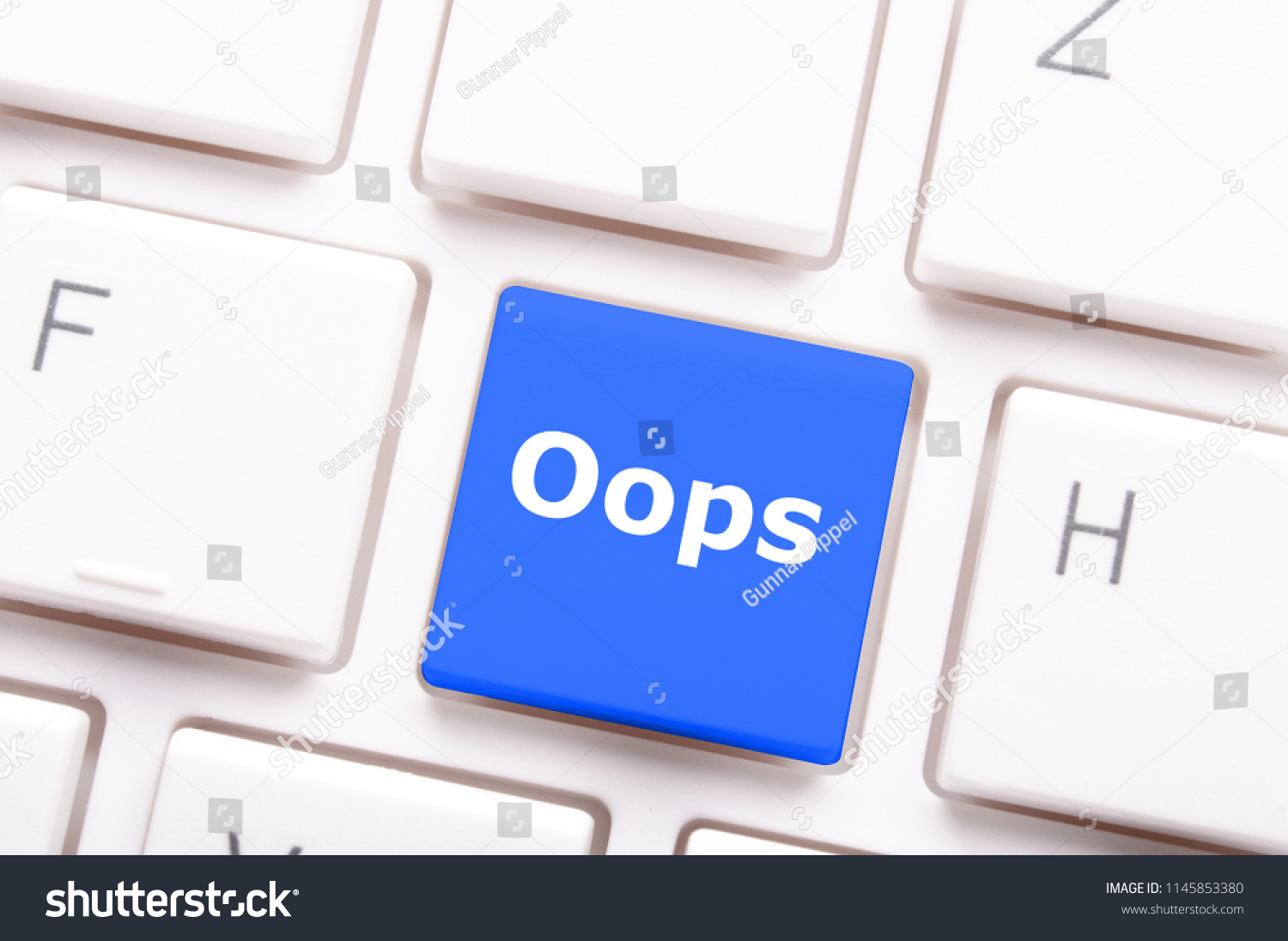IP protection: a valuable tool for SMEs’ economic upscale
Small and medium-sized enterprises (SMEs) are the lifeblood of any growth-driven economy. They play a huge role in job creation and economic development. SMEs constitute about 90% of the world’s businesses and generate up to 40% of national income in emerging economies. Despite their enormous contributions to the economy, SMEs are plagued with several issues and access to finance sits at the top of the lists of challenges facing SMEs. SMEs are less likely to obtain loans from the bank than their larger counterparts as they may lack collateral to access such credit facilities. In the face of a global pandemic, the situation is worse for SMEs.
While SMEs are fraught with their challenges, the situation is not entirely hopeless. Many entrepreneurs fail to harness a vital aspect of their business that can solve some of the challenges they encounter. This vital aspect is intellectual property.
SMEs and Intellectual Property
Intellectual property (IP) is an aspect of a business that every entrepreneur must consider from the very onset of the business as it is one of the most valuable assets for any business. Many entrepreneurs make the mistake of believing that since their business is just kicking off or is small, they do not have to worry much about protecting their IP.
Some others are ignorant of the fact that their businesses have assets worthy of IP protection. Another reason entrepreneurs do not consider IP from the onset is that "IP is too expensive" or that IP protection can be considered some other day. The below quote although said in respect to trademarks describes the disposition of many SMEs’ owners:
"We hear this from business owners all the time: 'Oh, we're too small. It's too early. We're still thinking. We'll think about trademarking once we grow bigger...' Let me be blunt with you, this is utter nonsense on so many levels. You must not make trademarking decisions based on where your business is today. You must make these decisions based on where your business will be if it's as successful as you hope it might become''. (The Ultimate Insider’s Guide to Intellectual Property)
Beyond being a legal right, IP is a business asset and tool for organizational and commercial advancement. SMEs ought to prioritize securing their IP rights and regarding IP as a tool for making more money. According to Julian Crump, President of the International Federation of Intellectual Property Attorneys (FICPI), "SMEs that apply for patents, trademarks or designs are more likely to grow quickly and succeed than those that do not." Using IP as a money-making tool is achievable when an organization takes IP seriously and includes it in its overall business strategy.
Identifying your Intellectual Property
IP extends to several intellectual/intangible assets of a business. These may include literary, musical, and artistic elements of a business that are protectable by copyrights such as client lists, customer databases, manuals, brochures, magazines, and explanatory materials for customers’ benefit. The brand identity (logos, slogans, etc) and goodwill of the business are protectable by trademarks. Other aspects of IP that affect SMEs include designs, patents, trade secrets, etc, and are so valuable that when converted to financial terms are capable of raking in capital for the business. If you have difficulty in identifying your IP, seek an expert legal opinion.
Protecting your Intellectual Property
- Integrating IP into your SME’s overall business strategy. This motivates the business owner or entrepreneur to manage their IP with the same seriousness as they would handle funding, infrastructure, etc, and actively take steps to protect and maximize their IP.
- Register your IP with the relevant agencies. IP such as patents, trademarks, and industrial designs in most jurisdictions require registration for protection to avail. For copyrights, depending on the jurisdiction, registration may not be necessary. Using the Copyright © symbol on your copyrightable works is enough protection.
- Take stock of your IP portfolio by conducting an IP audit. Doing this would help you determine aspects of your business that require IP protection. This will also keep you informed as to what IP to commercially exploit.
- Be sure that you own the IP in your business. This is achieved by conducting an IP audit. One area small business owners overlook is the aspect of website development. There is the misconceived notion that since they have paid for the web design, they own all the intellectual property rights to that website. However, that is not the case as the general rule is that rights in works contracted to independent contractors are owned by the contractors unless the parties agree otherwise by a written agreement. Also, you want to be sure that none of your materials including your website are infringing on the IP rights of others.
- Seek expert legal help as it may save you from more costs in the future. Getting sound legal opinion or assistance from the onset of your business is very necessary as this would help you understand the appropriate IP protection measures for your business and its commercial potential concerning IP.
- Use non-disclosure agreements (NDAs) to protect your IP when dealing with others, including in your employment contracts clauses that prevent your employees from disclosing salient aspects of your business, and protect your IP during a pitch.
- Keep your idea a secret until you have had it protected. A secret shared is no longer a secret. Where your business relies on or has trade secrets, take adequate measures to maintain secrecy.



